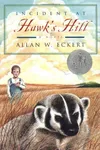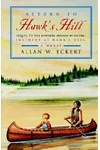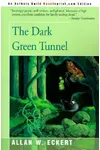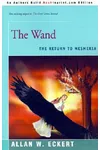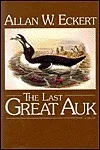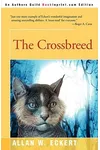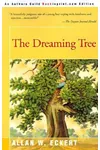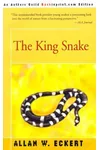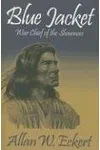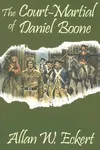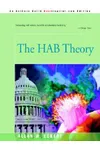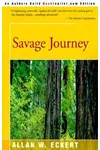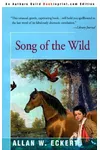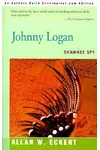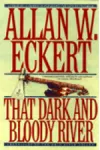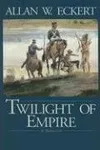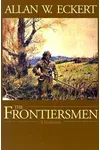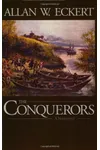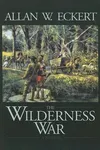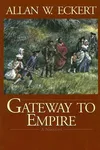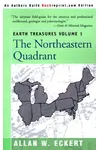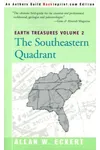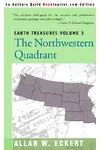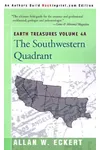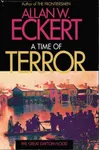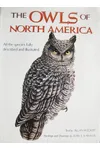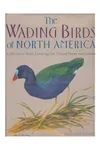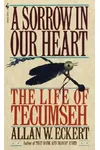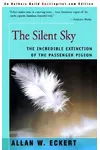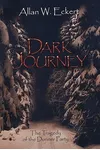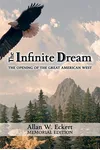Picture an American storyteller who spun the wild tales of the frontier into gripping narratives—meet Allan W. Eckert! Born in 1931, this historian, novelist, and naturalist brought America’s past to life with his unique blend of meticulous research and vivid storytelling. From the rugged Ohio River Valley to the plight of extinct creatures, Eckert’s over 40 books captured the heart of a nation’s history and its natural wonders, earning him seven Pulitzer Prize nominations and an Emmy Award.
With his 'Winning of America' series and children’s classics like Incident at Hawk’s Hill, Eckert didn’t just write history—he made it feel alive. His work, translated into 13 languages, continues to inspire readers to explore the untamed spirit of early America. Let’s dive into the life and legacy of this literary trailblazer!
The Making of Allan W. Eckert
Allan Wesley Eckert was born on January 30, 1931, in Buffalo, New York, and raised in Chicago, Illinois. As a boy, he was captivated by nature, often found studying critters in vacant lots or hitchhiking across the U.S. to live off the land. By age 13, he was already writing about wildlife and American history. After serving in the U.S. Air Force, Eckert honed his focus, balancing a typewriter on his knees amidst barracks chaos. He later attended the University of Dayton and Ohio State but left to pursue writing full-time, kicking off his career with a column at the Dayton Journal-Herald.
Allan W. Eckert’s Unforgettable Stories
Eckert’s books are a thrilling mix of fact and fiction, what he called 'narrative biography.' His 'Winning of America' series, including The Frontiersmen (1967), Wilderness Empire (1968), and That Dark and Bloody River (1995), chronicles the struggles of frontiersmen and Native Americans like Tecumseh in the Ohio Country. These novels, packed with recreated dialogue, make history pulse with drama, though some critics noted their poetic license, especially in A Sorrow in Our Heart: The Life of Tecumseh (1992), praised as 'better as fiction.'
Beyond historical epics, Eckert’s love for nature shone in works like The Great Auk (1963), a novel about the bird’s extinction, and Incident at Hawk’s Hill (1971), a Newbery Honor book adapted by Disney as The Boy Who Talked to Badgers. His children’s fantasy series, The Mesmerian Annals, and natural history books like The Wading Birds of North America showcased his versatility. Eckert also wrote over 225 episodes of Mutual of Omaha’s Wild Kingdom, earning an Emmy for his vivid narration.
His style—rich, immersive, and meticulously researched—brought readers face-to-face with pioneers, warriors, and wildlife. Whether depicting the horrors of the Donner Party in Dark Journey or the heroism of Daniel Boone in The Court-Martial of Daniel Boone, Eckert’s storytelling made the past unforgettable.
Why Allan W. Eckert Matters
Eckert’s impact transcends his page count. His ability to humanize historical figures and illuminate forgotten stories made American history accessible and thrilling. The outdoor drama Tecumseh!, performed annually since 1972 at Ohio’s Sugarloaf Mountain Amphitheater, showcases his knack for blending education with entertainment. In 1999, the Ohioana Library Association named him, alongside Toni Morrison, 'Favorite Ohio Writer of All Time,' a testament to his regional and national influence.
His work continues to resonate, inspiring readers to explore the complexities of America’s frontier and the beauty of its natural world. Eckert’s legacy lives on through reprints, stage adaptations, and the enduring popularity of his narratives, which remain a gateway to understanding the nation’s roots.
- Birth: January 30, 1931, Buffalo, New York
- Key Works: The Frontiersmen, Incident at Hawk’s Hill, A Sorrow in Our Heart
- Awards: Seven Pulitzer Prize nominations, Emmy Award (1970), Newbery Honor (1972)
- Death: July 7, 2011, Corona, California
Ready to step into the wilderness? Snag The Frontiersmen and dive into Allan W. Eckert’s thrilling world of history and adventure!
